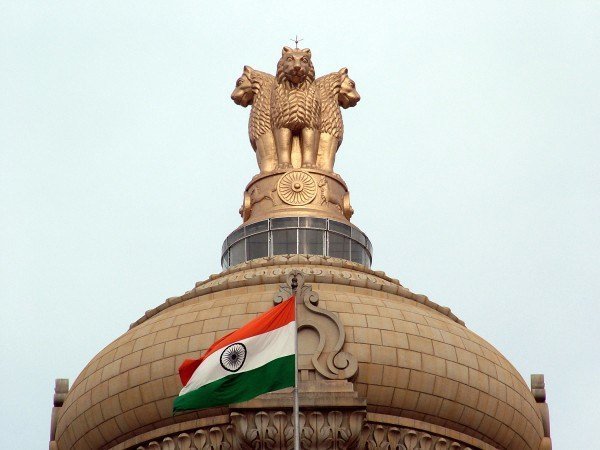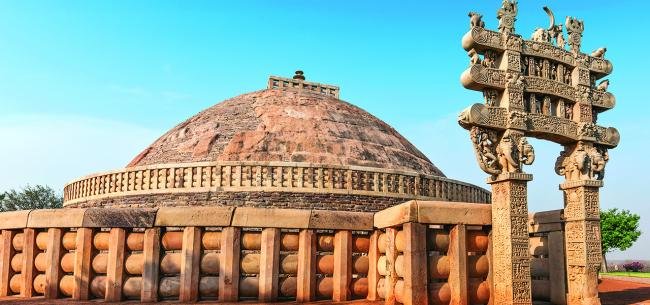directive principles of state policy article | definition of state under article 12 | uniform civil code for the citizens | total articles in indian constitution | articles of indian constitution pdf | most important articles of the constitution



Image from Original Constitution of India : Part IV Directive Principles of State Policy

Shri Krishna Bhagavat Gita Sermon to Arjun before the commencement of the battle of Mahabharat in Kurukshetra.
Directive Principles of State Policy Articles
Article 36 – 51 contains directive principles for state. Unless the context otherwise requires, “the State” includes the Government and Parliament of India and the Government and the Legislature of each of the States and all local or other authorities within the territory of India or under the control of the Government of India.
Article 36 of indian constitution
- In this Part, unless the context otherwise requires, “the State” has the same meaning as in Part III.
Article 38 of indian constitution
- 1 The State shall strive to promote the welfare of the people by securing and protecting as effectively as it may a social order in which justice, social, economic and political, shall inform all the institutions of the national life
- 2[The State shall, in particular, strive to minimise the inequalities in income, and endeavour to eliminate inequalities in status, facilities and opportunities, not only amongst individuals but also amongst groups of people residing in different areas or engaged in different vocations.]
- Art. 38 renumbered as cl. (1) by the Constitution (Forty-fourth Amendment) Act, 1978, s. 9 (w.e.f. 20-6-1979).
- Ins. by s. 9, ibid. (w.e.f. 20-6-1979).
Article 39 of indian constitution
-
The State shall, in particular, direct its policy towards securing -
- that the citizens, men and women equally, have the right to an adequate means of livelihood;
- that the ownership and control of the material resources of the community are so distributed as best to subserve the common good;
- that the operation of the economic system does not result in the concentration of wealth and means of production to the common detriment;
- that there is equal pay for equal work for both men and women;
- that the health and strength of workers, men and women, and the tender age of children are not abused and that citizens are not forced by economic necessity to enter avocations unsuited to their age or strength;
- 1 [ that children are given opportunities and facilities to develop in a healthy manner and in conditions of freedom and dignity and that childhood and youth are protected against exploitation and against moral and material abandonment.]
- Subs. by the Constitution (Forty-second Amendment) Act, 1976, s. 7, for cl. (f) (w.e.f. 3-1-1977).
Article 40 of indian constitution
- The State shall take steps to organise village panchayats and endow them with such powers and authority as may be necessary to enable them to function as units of self-government.
Article 41 of indian constitution
- The State shall, within the limits of its economic capacity and development, make effective provision for securing the right to work, to education and to public assistance in cases of unemployment, old age, sickness and disablement, and in other cases of undeserved want.
Article 42 of indian constitution
- The State shall make provision for securing just and humane conditions of work and for maternity relief.
Article 43 of indian constitution
- The State shall endeavour to secure, by suitable legislation or economic organisation or in any other way, to all workers, agricultural, industrial or otherwise, work, a living wage, conditions of work ensuring a decent standard of life and full enjoyment of leisure and social and cultural opportunities and, in particular, the State shall endeavour to promote cottage industries on an individual or co-operative basis in rural areas.
Article 44 of indian constitution
- The State shall endeavour to secure for the citizens a uniform civil code throughout the territory of India.
Article 45 of indian constitution
- 1[The State shall endeavour to provide early childhood care and education for all children until they complete the age of six years.]
- Subs. by the Constitution (Eighty-sixth Amendment) Act, 2002, s. 3, for art. 45 (w.e.f. 1-4-2010).
Article 46 of indian constitution
- The State shall promote with special care the educational and economic interests of the weaker sections of the people, and, in particular, of the Scheduled Castes and the Scheduled Tribes, and shall protect them from social injustice and all forms of exploitation.
Article 51 of indian constitution
- The State shall endeavour to -
- promote international peace and security;
- maintain just and honourable relations between nations;
- foster respect for international law and treaty obligations in the dealings of organised peoples with one another; and
- encourage settlement of international disputes by arbitration.
Next -> Article 51 A, Fundamental Duties of Indian Constitution
Prev -> Article 12 to 35, Fundamental Rights
All articles of Indian constitution
Download PDF Constitution of India
22 Parts of the Indian Constitution
| Horoscope | Bollywood |
| Technology | General Awareness |









